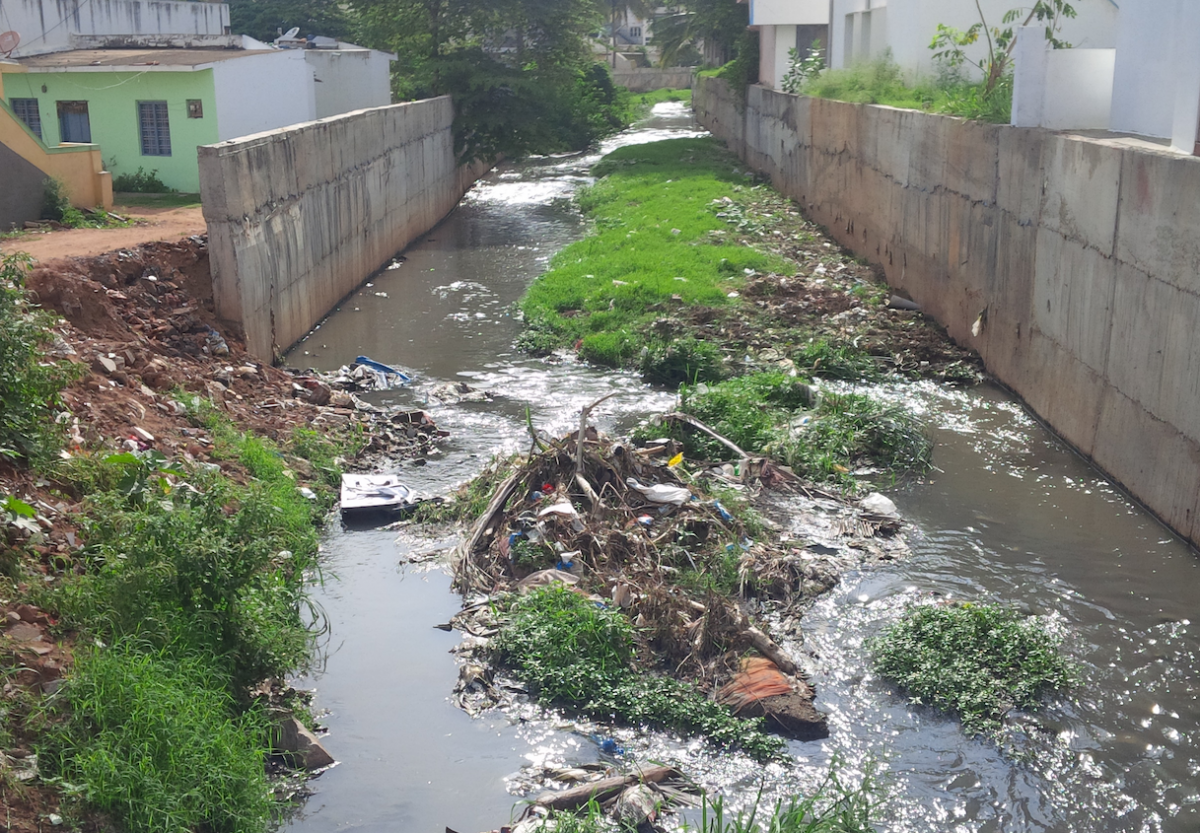Introduction
 The last step of the operationalizing stage is to develop a short list of projects for financing that takes into consideration urgency of need, time required for design, available technical resources, and other factors. This is an important step because the city will need to decide which ideas to develop into project proposals. Effective shortlisting will help the city channel its resources to the project ideas that are most likely to secure financing.
The last step of the operationalizing stage is to develop a short list of projects for financing that takes into consideration urgency of need, time required for design, available technical resources, and other factors. This is an important step because the city will need to decide which ideas to develop into project proposals. Effective shortlisting will help the city channel its resources to the project ideas that are most likely to secure financing.
Useful criteria for shortlisting project concepts include:
- Urgency and vulnerability to disasters/climate change impacts. For example, a coastal zone project for community protection against sea-level rise, increasing coastal erosion, and tropical storms is more urgent than a project in an area that may become vulnerable in the future.
- Technical soundness. Technical suitability is based on sound scientific reasoning to address the conditions and reduce risks faced by the communities involved. Proven technologies endorsed and recommended by national agencies are preferable.
- Socio-economic aspects are well-defined. The socio-economic and demographic features of target communities require thorough analysis for well-designed projects. Priority projects should address the needs of the most vulnerable groups and communities, including those living below the poverty line, landless groups, and socially and communally marginalized groups.
- Knowledge management is included. In most projects, a specific knowledge management component is useful for providing a baseline of knowledge from existing sources on issues pertaining to resilience.

